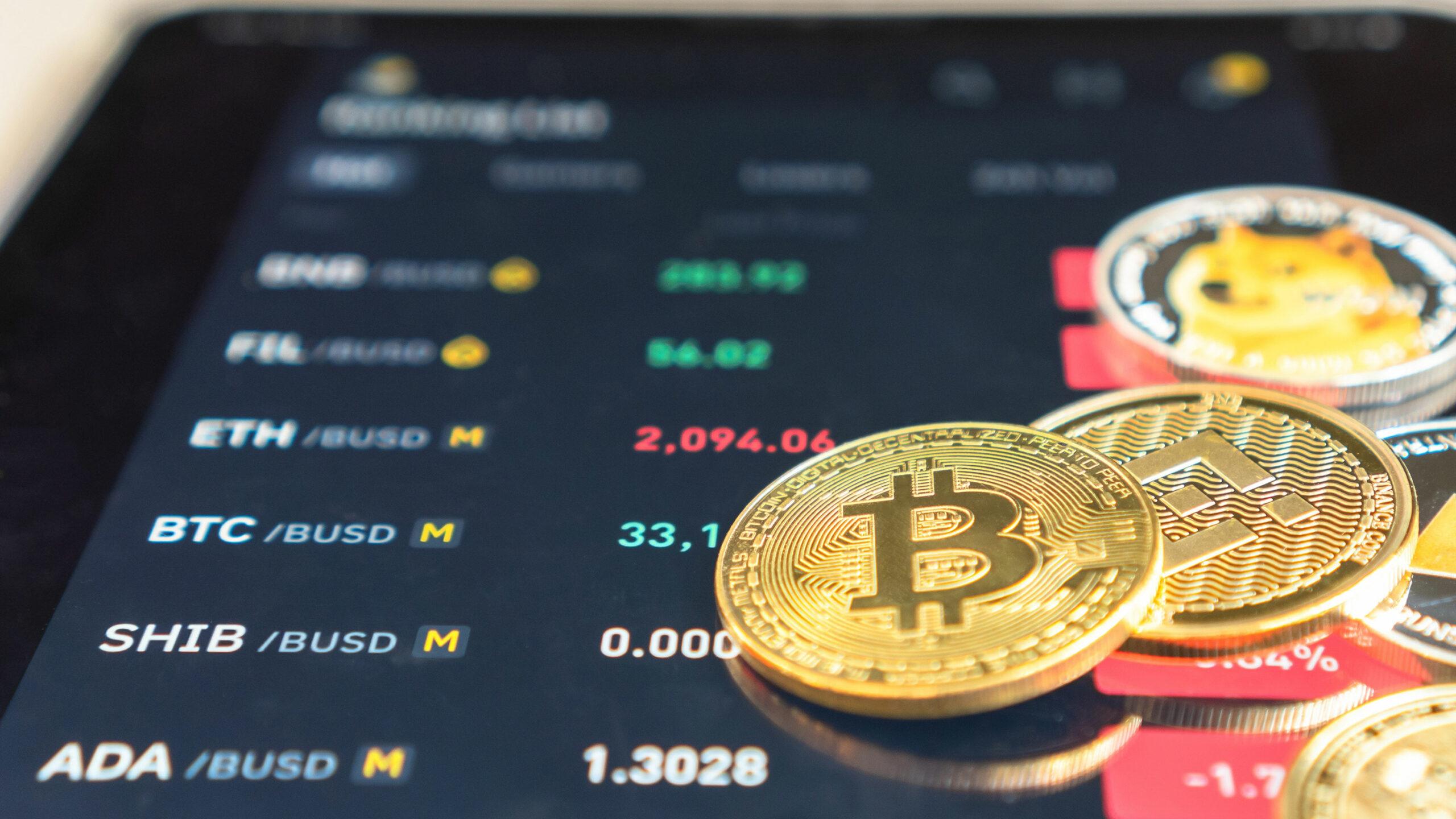
Digital Finance
Digital Currencies Academy
Share this course
Dates
07/10/2024 - 09/10/2024
Location
Florence, Italy
Download course programme
Registration Deadline
16/09/2024
Level
Intermediate
Approach
Qualitative
Delivery mode
Residential

Digital Finance
Share this course
Dates
07/10/2024 - 09/10/2024
Location
Florence, Italy
Download course programme
Registration Deadline
16/09/2024
Level
Intermediate
Approach
Qualitative
Delivery mode
Residential